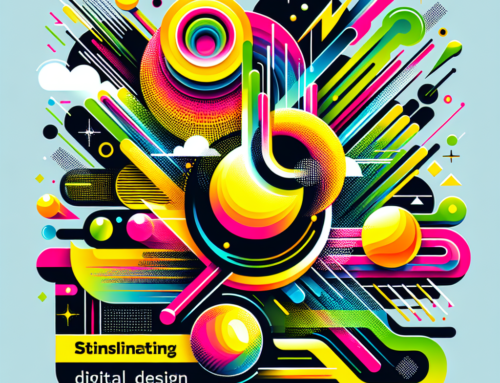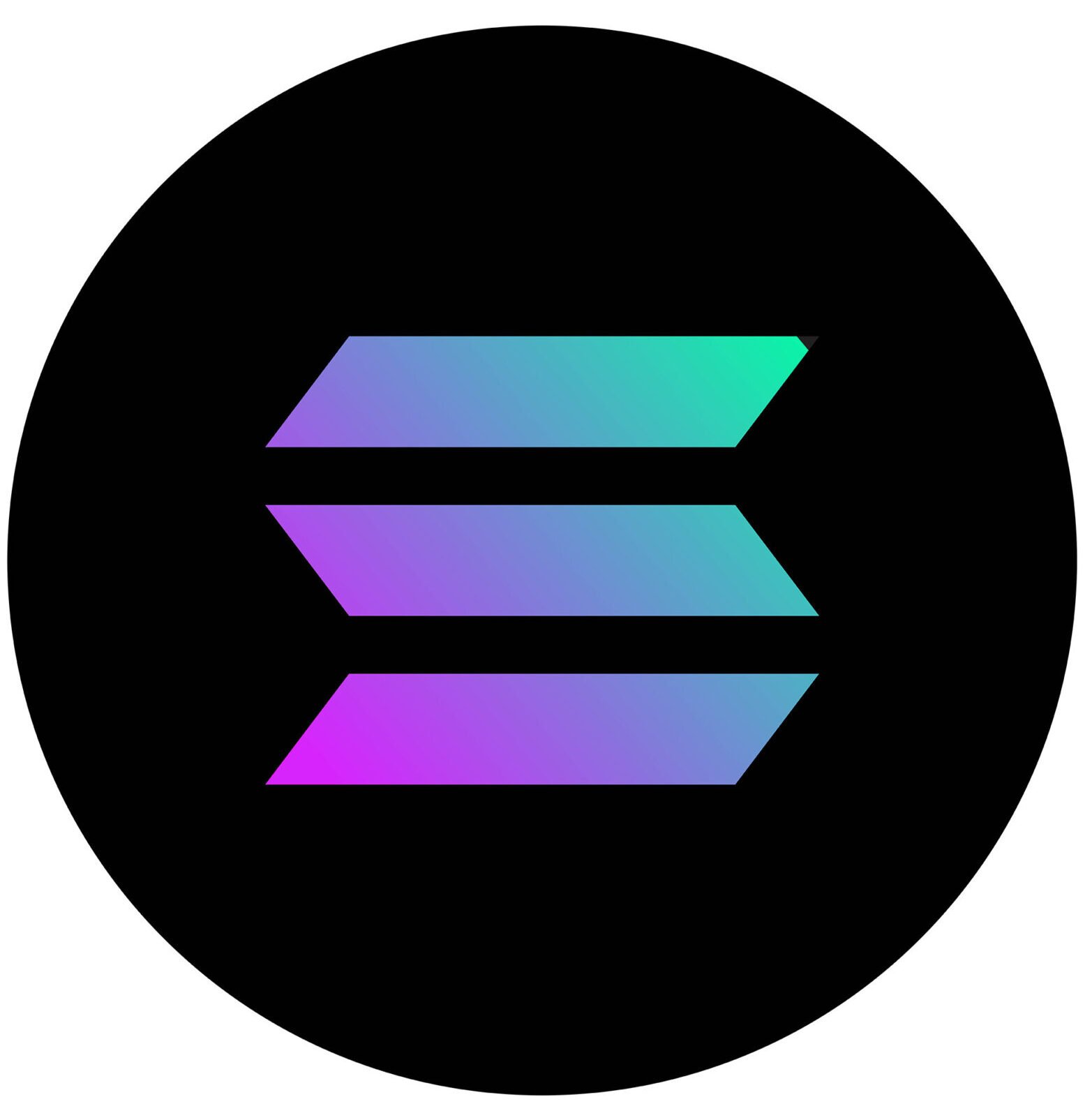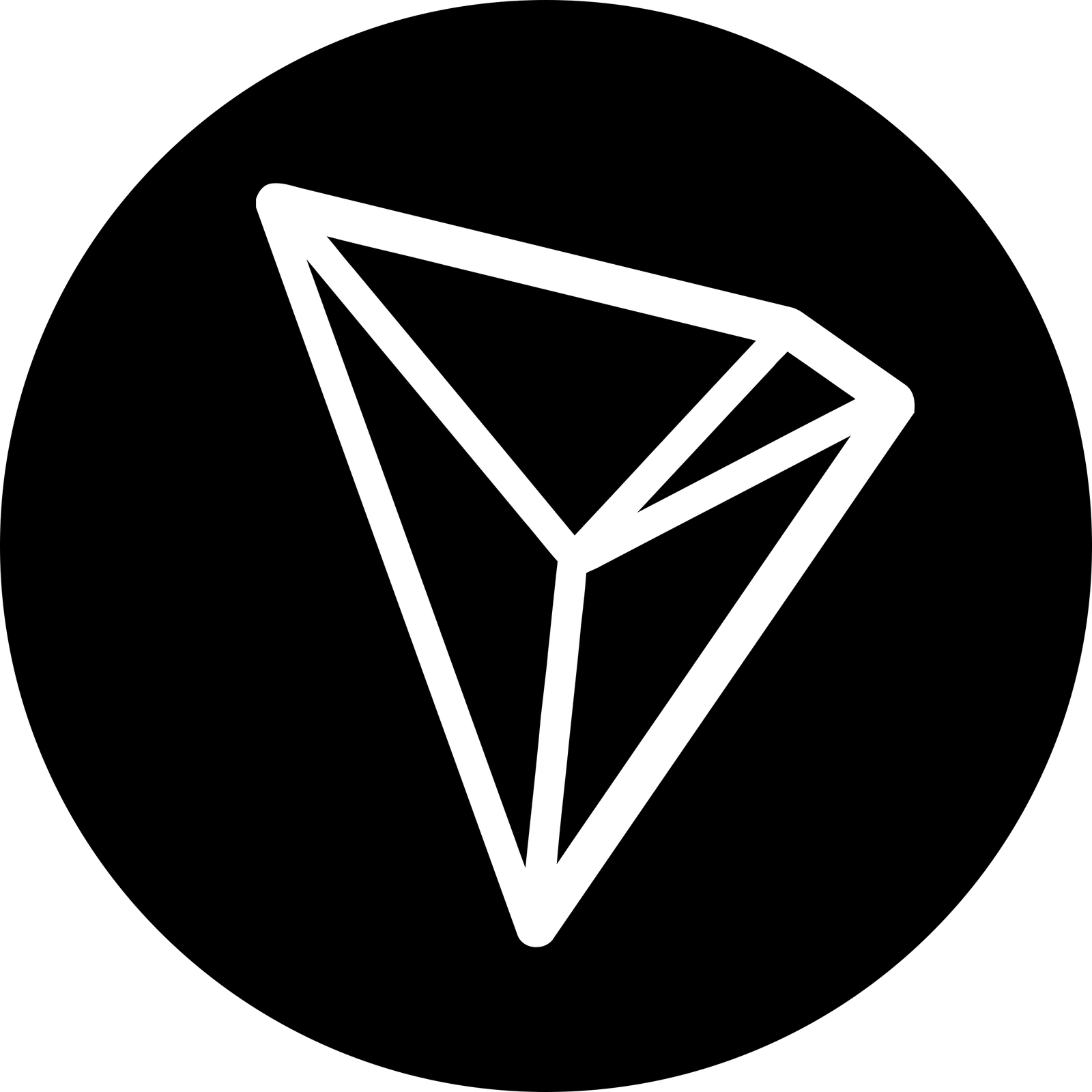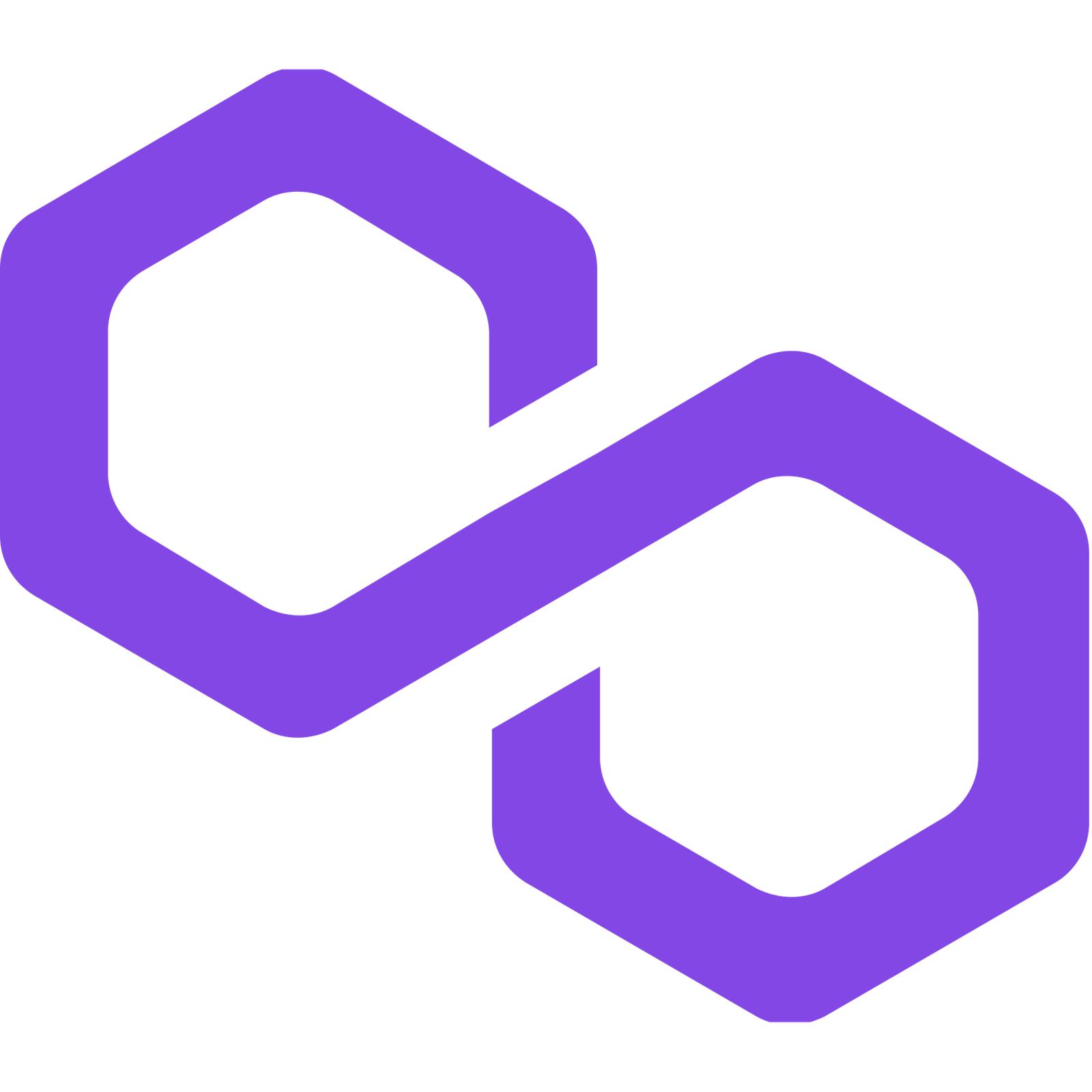Fortify Your Future: Smart Contract Security Essentials

Fortify Your Future: Smart Contract Security Essentials in the Web3 Era
As we stand on the brink of a transformative shift in the digital landscape, the convergence of blockchain technology, cryptocurrency, decentralized platforms, and immersive technologies is reshaping how we interact with the world. Web3 is the new frontier—a decentralized internet that promises not just innovation but also profound implications for industries ranging from finance to gaming and beyond. Understanding smart contract security within this context is essential, as it forms the backbone of trust and engagement in this evolving ecosystem.
Innovative Developments and Emerging Technologies
Recent months have seen significant advancements in blockchain protocols aimed at enhancing security and scalability. Projects like Ethereum 2.0 and the advent of Layer 2 solutions (e.g., Optimistic Rollups and zk-Rollups) have addressed major scalability challenges, while also fortifying smart contract security. The decentralized finance (DeFi) space, exemplified by platforms such as Aave and Uniswap, continues to innovate, offering users unprecedented access to lending, borrowing, and trading without intermediaries.
Furthermore, the NFT market has exploded, showcasing new use cases beyond digital art, including virtual real estate in gaming environments and tickets for events. These developments emphasize the need for security frameworks to protect both creators and consumers. As noted in CoinTelegraph’s Blockchain Insights, security breaches related to smart contracts can lead to significant financial losses and erode trust in these groundbreaking technologies.
The integration of emergent technologies like AI and augmented/virtual reality (AR/VR) is playing a pivotal role in redefining user interaction within these decentralized platforms. Companies are exploring how machine learning algorithms can enhance security protocols by identifying vulnerabilities in real-time, thereby fostering a safer environment for all participants.
Blockchain and Crypto in the Mainstream
The influence of blockchain and cryptocurrencies is permeating mainstream industries. Financial institutions increasingly recognize the potential of distributed ledger technology, evident in efforts like JPMorgan’s JPM Coin and the ongoing development of Central Bank Digital Currencies (CBDCs). This mainstream adoption expands beyond finance into sectors like entertainment, where decentralized content platforms empower creators and challenge traditional monetization models.
Trust, once the cornerstone of centralized systems, is now being redefined. Decentralized platforms offer transparent governance structures and community involvement, as illustrated by projects like Aavegotchi. Users can influence governance decisions tied to platform changes and financial incentives, noting a shift towards a more inclusive user experience driven by decentralized values.
Web3 and Gaming
The gaming industry is among the most dynamic sectors leveraged by Web3 technologies. Blockchain-powered platforms such as Axie Infinity and The Sandbox illustrate how players can engage not only as consumers but also as stakeholders in gaming economies. NFTs are empowering players to own virtual assets, which can be bought, sold, or traded, fostering a sense of ownership that traditional gaming has long overlooked.
Smart contracts serve as the backbone of these transactions, ensuring their security and transparency. However, this also necessitates rigorous examination and testing of smart contracts to prevent exploits that could disrupt in-game economies, as highlighted by security audits from organizations like Trail of Bits.
The Role of Decentralized Autonomous Organizations (DAOs)
DAOs represent a new paradigm in governance, adeptly blending community involvement with organizational management. These entities democratize decision-making processes, allowing participants to propose, vote on, and implement changes. Platforms like DAOstack provide essential infrastructure for managing these digital cooperative models.
The implications of DAOs on corporate structures and governance cannot be overstated. They offer an opportunity for more agile and transparent decision-making processes, adjusting to the pace of digital innovation while fostering accountability. However, the diversity of governance models also introduces new security considerations that DAOs must address to prevent malicious actions from within.
A Vision for the Future
As we peer into the future of Web3, it is clear that the convergence of decentralized technologies, AI, and immersive experiences will revolutionize how we interact in digital spaces. The rise of the metaverse will create robust environments where social interaction, commerce, and creativity thrive. New projects are already paving the way for experiences that blend the physical and digital realms, heralding an era where our digital identities carry more weight than ever.
Over the next decade, we may see a world where virtual and augmented realities are seamlessly integrated with financial ecosystems built on decentralized technologies. As industries evolve, so too will the methods for securing these environments, requiring constant vigilance and innovation in smart contract security.
Participation in this growing ecosystem requires that we remain informed and engaged. Platforms like Decrypt and NFT Now are invaluable resources for staying updated on trends, breakthroughs, and emerging projects. The decentralized revolution is only just beginning, and every participant has a role to play in fortifying the future of Web3.
As we collectively navigate this exciting transformation, it is essential to embrace both the potential and challenges that smart contract security presents. By prioritizing security, we ensure the trust and resilience needed for Web3 to fulfill its promise of a decentralized, inclusive, and innovative digital future.
















